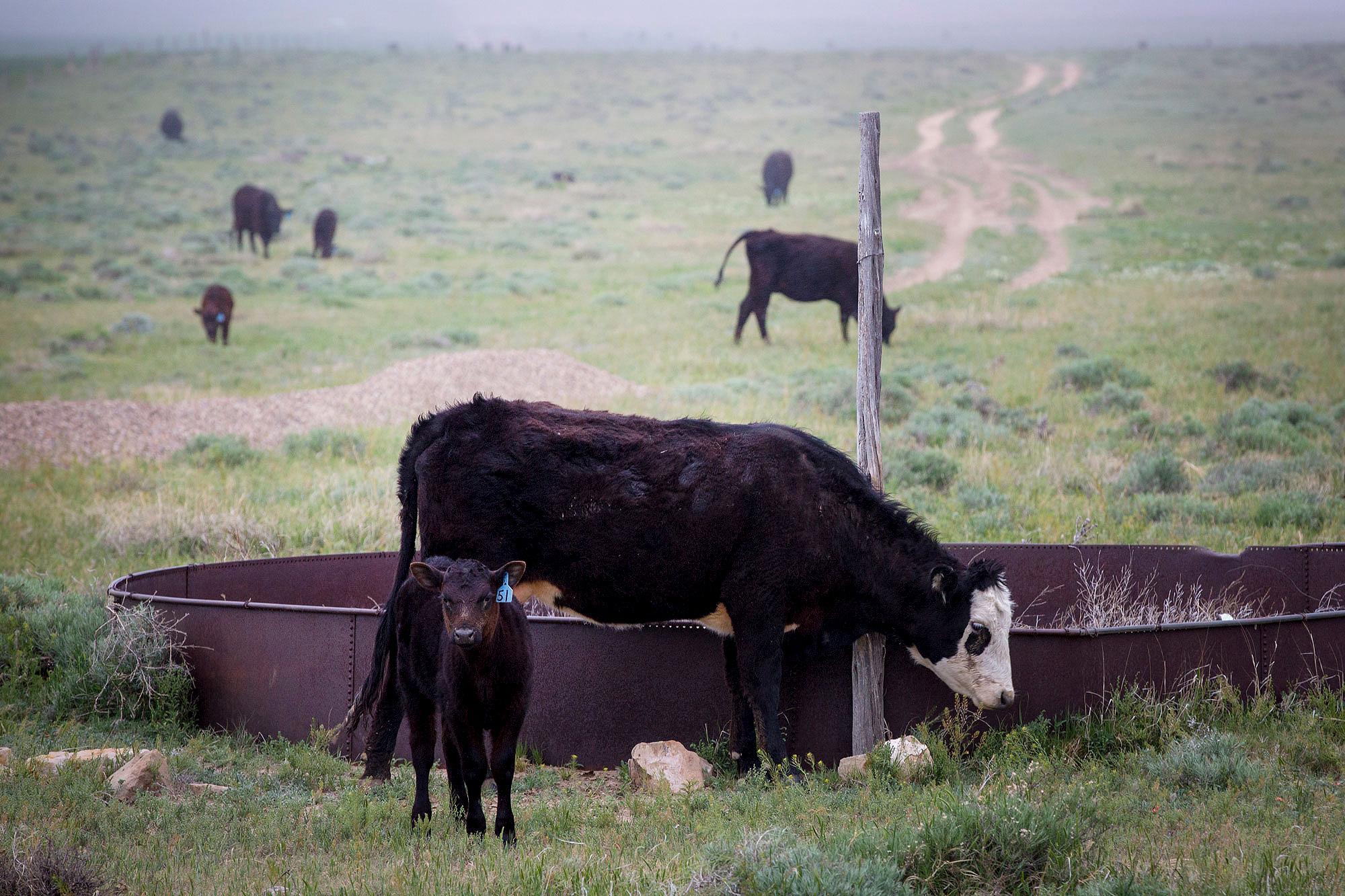
Congress and the Trump administration are on track to finalize a replacement for the North American Free Trade Agreement. The new deal is known as the U.S.-Mexico-Canada Agreement, or USMCA for short.
This is welcome news to some folks in the state's agricultural sector, including Terry Swanson, who owns a ranch and a farm in southeast Colorado.
"Mexico being our closest partner, and the comparative advantage to shipping things to Mexico is huge,” Swanson said. “The rising tide floats all boats. Everybody will be better with some good, solid trade agreements."
Swanson said a number of factors over the last year have injected a lot of uncertainty into his livelihood. Todd Inglee agrees. He's the executive director of the Colorado Beef Council.
"It's been a difficult year,” Inglee said. “There's been a lot of different things that have put pressure on ag producers whether it's been weather or these trade wars."
Colorado exported $886 million worth of beef last year, up from $794 million in 2017. Inglee said Canada and Mexico are among the state's top export markets.
Republican U.S. Rep. Doug Lamborn said the deal will do a lot of good for Colorado.
"By lowering tariffs with both Canada and Mexico, it lets our exports go there at less cost and that means we can be more competitive,” Lamborn said.
He also said the deal will create new jobs.
But Philip Luck, a trade expert with the University of Colorado Denver, is less optimistic.
"It's basically NAFTA 2.0,” Luck said. “In most ways, it's not a substantial change to NAFTA policy."
The new deal would give the U.S. access to Canada’s dairy market, but Luck said that’s about all that would change for the agricultural industry.
One upside Luck sees is that the deal will reduce uncertainty, and that could increase investments. He said that would be better than the way things are now.









